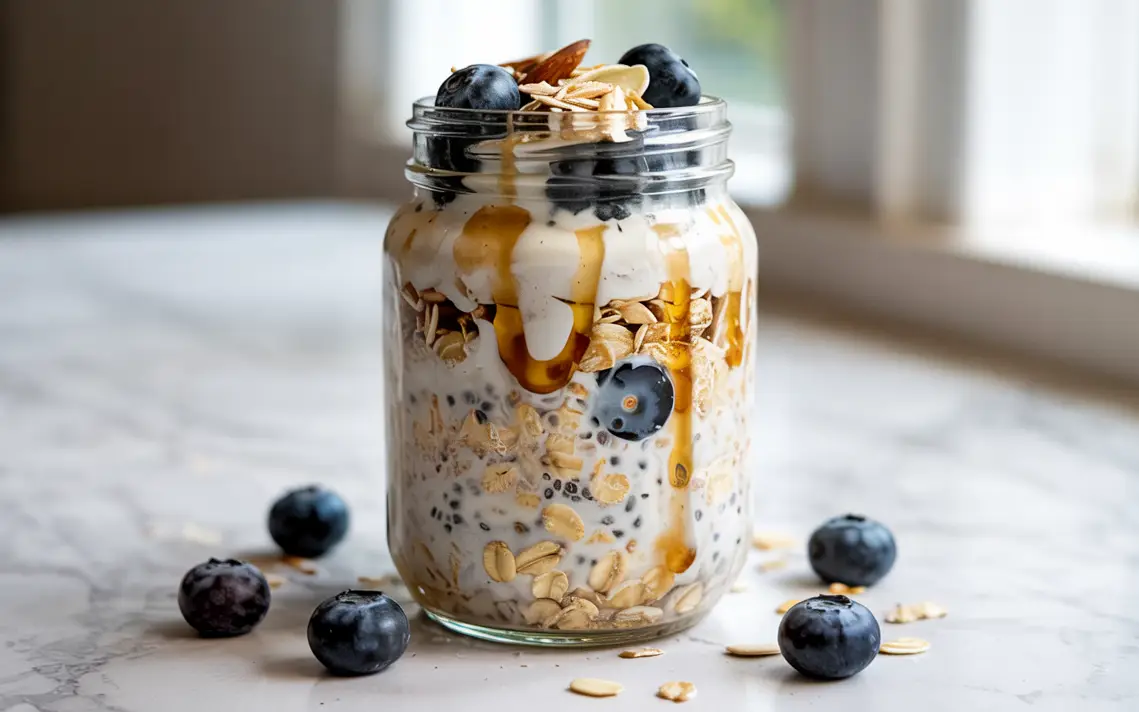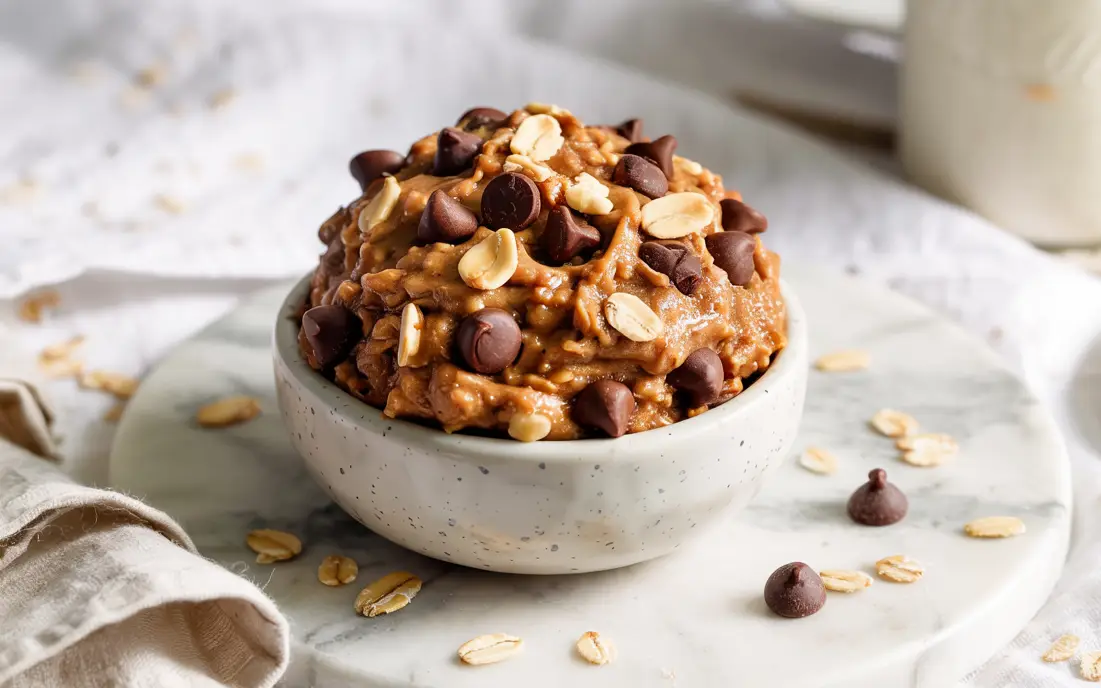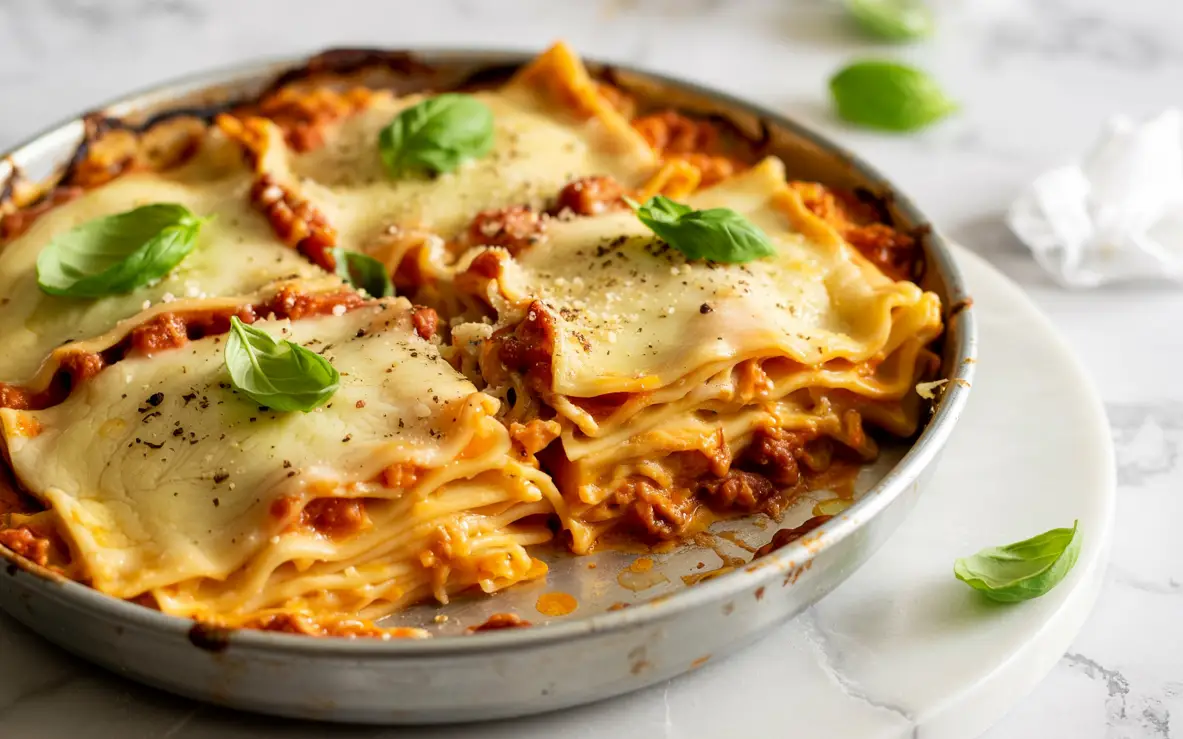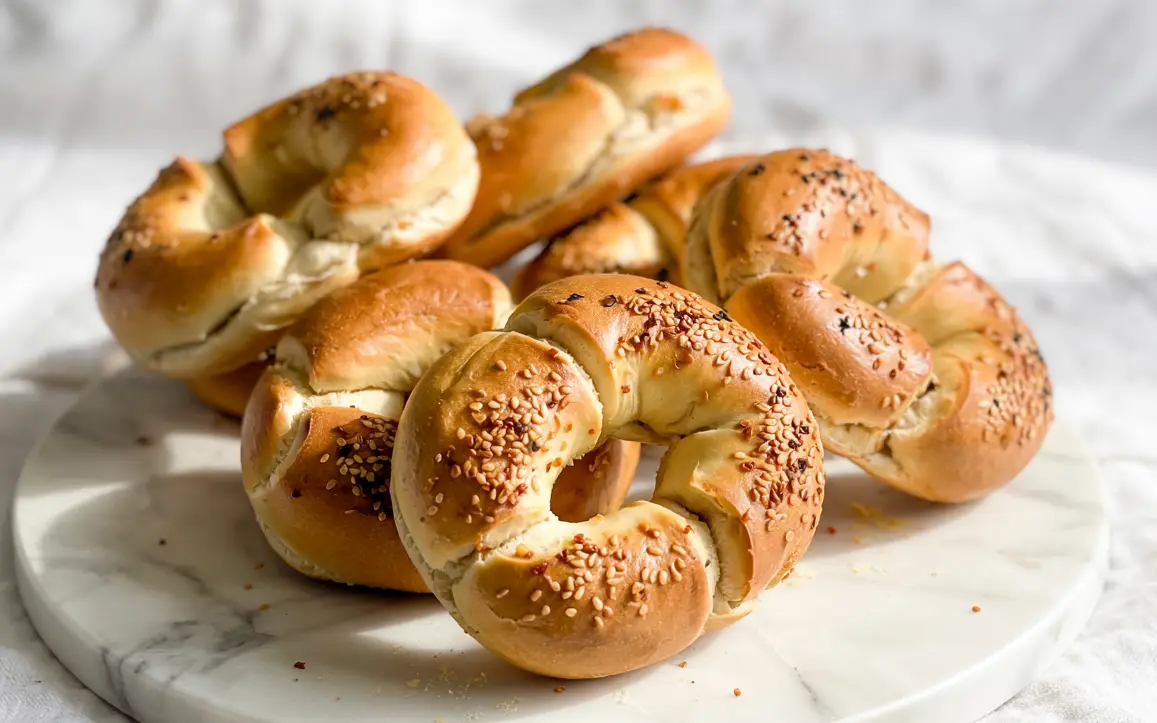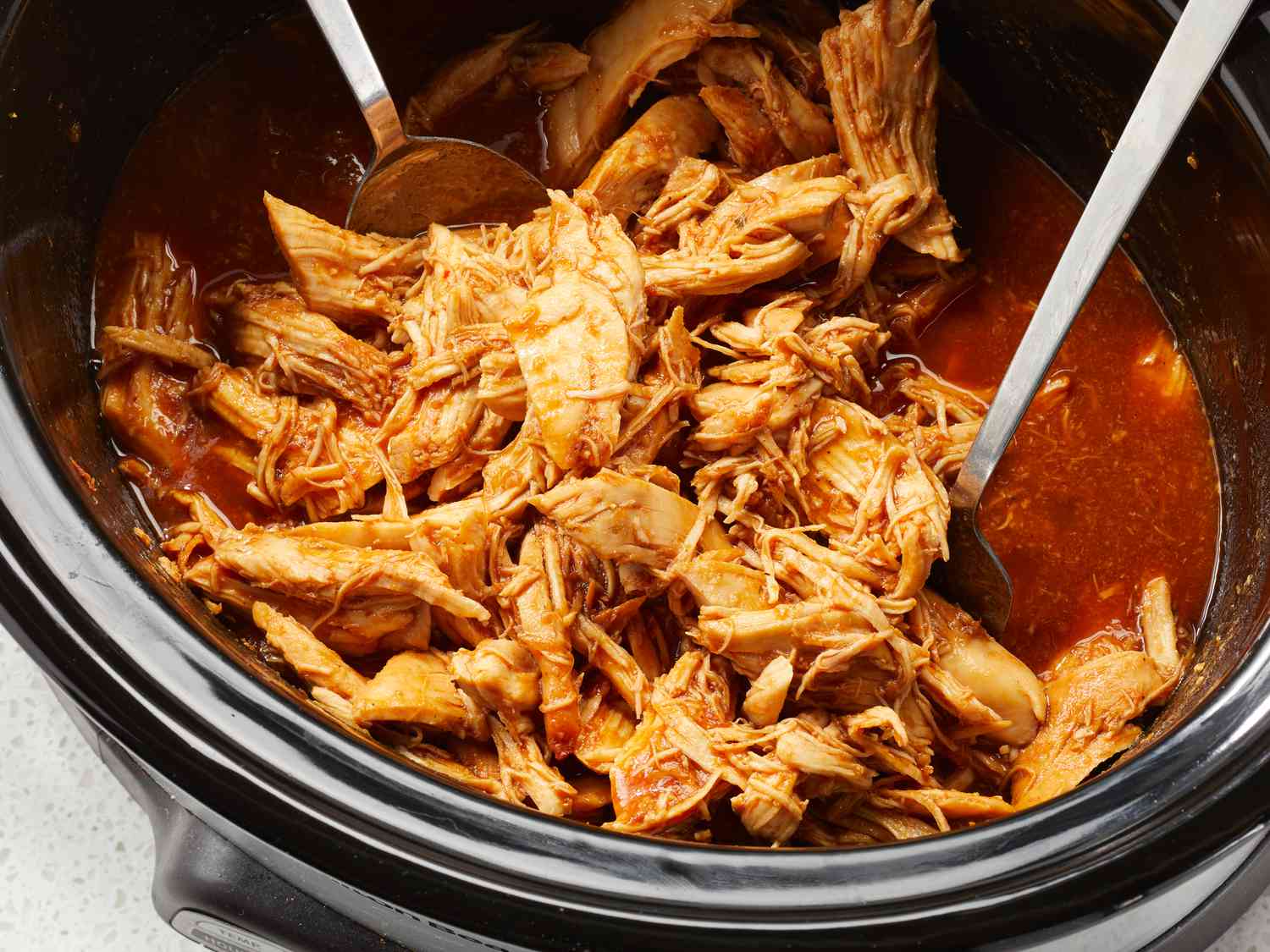For We Try Recipes, high protein meals are an essential part of a balanced diet, particularly for individuals aiming to build muscle, lose fat, or maintain optimal health. Protein is one of the three macronutrients the body requires in large amounts, alongside carbohydrates and fats. What sets protein apart is its crucial role in repairing tissues, supporting immune function, and preserving lean body mass. Meals rich in protein not only provide satiety but also support long-term weight management, metabolic health, and physical performance.
High Protein Meals
When we talk about high protein meals, we generally refer to dishes that provide a significant portion of their calories from protein-rich ingredients. While the exact amount of protein needed per meal varies by individual, body weight, and activity level, a meal which is high in protein typically contains at least 25–40 grams of it. This can come from both animal and plant sources, each with its own benefits. Animal proteins such as chicken, beef, fish, eggs, and dairy are considered complete proteins because they contain all nine essential amino acids the body cannot produce on its own.
Plant-based proteins like lentils, beans, quinoa, tofu, tempeh, and nuts may lack one or more of these amino acids, but when combined thoughtfully, they can offer complete protein profiles as well. A classic example of a high protein meal might be grilled chicken breast served with quinoa and steamed vegetables.
Chicken is lean and packed with protein, while quinoa contributes additional protein along with complex carbohydrates and fiber. The vegetables round out the meal by adding vitamins, minerals, and antioxidants without contributing excessive calories or fats. This type of meal is not only filling but also nutritionally balanced, making it ideal for lunch or dinner.
For breakfast, eggs are a versatile and popular high protein option. An omelet with cheese or scrambled eggs, spinach, and turkey can easily deliver 25–30 grams of protein. For those avoiding animal products, a tofu scramble with black beans and avocado provides a hearty, protein-dense plant-based alternative. Greek yogurt, especially when paired with nuts or seeds and some fruit, is another excellent choice. It offers more protein per serving than traditional yogurt and also includes probiotics that support gut health.
Snacks can also be high protein meals and support overall dietary goals. Options like cottage cheese, hard-boiled eggs, protein bars, or a handful of almonds can help meet daily protein requirements while keeping hunger at bay between meals. Protein shakes made with whey, casein, or plant-based powders like pea or rice protein are convenient post-workout choices that aid in muscle recovery.
Including high protein meals throughout the day is especially beneficial for those involved in strength training or endurance sports. Protein helps repair muscle tissue damaged during exercise and supports new muscle growth. Eating a sufficient amount of protein across all meals, rather than consuming most of it at dinner, leads to better muscle protein synthesis and helps maintain lean mass even during calorie deficits.
For people aiming to lose weight, high protein meals are particularly effective. This nutrient has a higher thermic effect than carbohydrates or fats, meaning the body uses more energy to digest it. It also promotes a greater feeling of fullness, which can reduce overall calorie intake. Diets higher in protein have been shown to improve body composition by preserving lean muscle while promoting fat loss.
It’s important, however, to focus on quality as well as quantity. Not all high protein meals are equally healthy. Highly processed meats like bacon, sausages, and certain deli meats may be high in protein but also contain added sodium, preservatives, and unhealthy fats. Choosing whole food sources of protein, preparing meals at home, and using cooking methods like grilling, baking, or steaming can make a significant difference in the overall nutritional profile of a meal.
High protein meals are a powerful tool in achieving a wide range of health and fitness goals. Whether one is trying to build muscle, lose weight, support recovery, or simply maintain a healthy lifestyle, incorporating quality protein into each meal can make a meaningful difference. With a wide variety of protein-rich foods available, both animal-based and plant-based, it’s entirely possible to enjoy delicious, satisfying, and health-supportive meals throughout the day.





